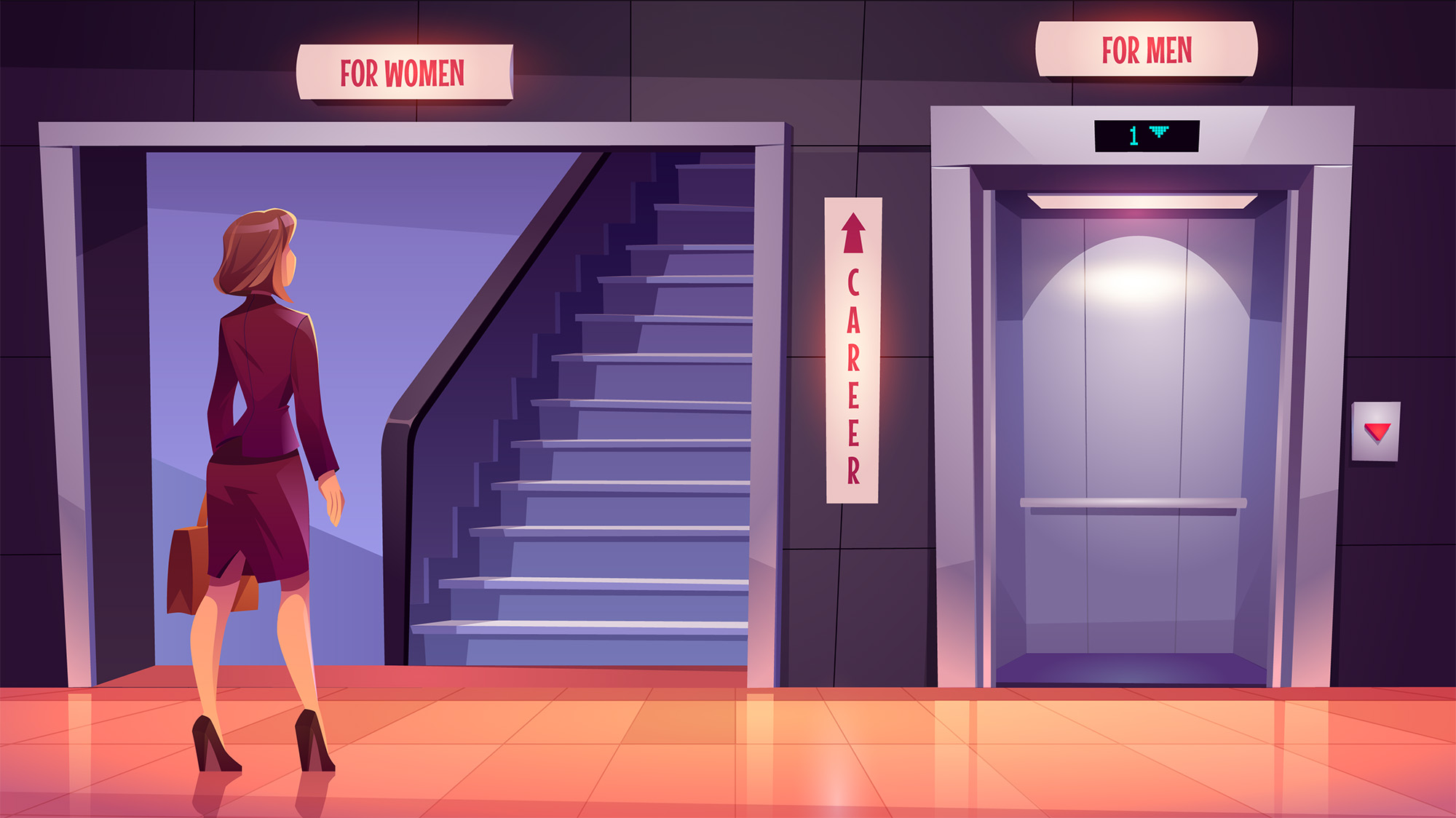Tech diversity initiatives need to look beyond gender
Conversations around diversity in tech need to become more inclusive


We need to do more. Gender diversity within the technology industry remains a problem that can't be ignored, with half of the UK's population underrepresented precisely when the sector needs to enlist all of the talent it can. But, with an uncertain post-Brexit future and a skills gap that continues to widen, we have to do more to make tech more inclusive, focusing on diversity as the giant, sprawling problem it is.
I began by talking about women, because that is quite rightly where much of the focus has been so far. As the largest 'minority' group, it makes sense for this to be treated as the first hurdle, with race, sexuality, gender identity, disability, class and religion coming later.
But when talking about diversity, we must begin to talk about it from all angles. As much as the experience of a women in business differs from that of a man, so does the experience of black woman to a white woman, or a cisgender woman to a transgender woman.
But things may be starting to happen. Last week 33 businesses committed to the Tech Inclusion Pledge in the US, and the Tech Talent Charter, an initiative designed to help create a more diversity-friendly recruitment process, was launched during London Tech Week.
When asked about a more intersectional approach to diversity during the launch event, CEO of Code First Girls Amali de Alwis, said: "The long term vision is for the charter group to not just stop at gender diversity, but to look at diversity as a whole.
"We decided between us that gender was probably a good place to start, and what you find is that this is just about making companies that are better for people who are different and who come from different backgrounds. Whether that's a woman, a man, someone who's gay, straight, who's transgender. You often find a trickle-down effect of, if you have good practices for one minority group often it's good for the others as well."
Speaking to IT Pro, Head of Stemettes Anne-Marie Imafidon added: "In the UK we're 13 per cent black and minority ethnic groups and 50 per cent female, so you're working where you can have the biggest impact. But having said that, the whole idea of perspective on diversity and 'different' is something of a slippery slope.
Sign up today and you will receive a free copy of our Future Focus 2025 report - the leading guidance on AI, cybersecurity and other IT challenges as per 700+ senior executives
"When you're used to one type of different, then you're able to take on different people from different backgrounds, sexualities, abilities and all kind of differences and it becomes the norm. At the moment it's a largely homogenous group, so we want to get on that slippery slope."
Huge giants of the industry such as Apple, Twitter, eBay and Pinterest have all had criticism levelled against them for a lack of commitment to diversity, with many recent hires indicating that some at last are listening to concerns.
The role of female role models working in tech has often been highlighted as something invaluable to young girls, so by the same logic the presence of more black and ethnic minority women, LGBT women or disabled women would have an immeasurable effect on other underrepresented groups.
"It's the same reason I started Stemettes and not an organisation similar to Black Girls Code," Imafidon continued. "This is the most blatantly obvious one."
"Women of whatever socio-economic background, of whatever ethnicity, of whatever race, whatever religion aren't represented, and that tells you that the problem is actually with diversity as a whole."
So what's the answer? For now, it's to push harder for female representation in tech companies, and to celebrate existing role models and wins where we can. It's to acknowledge that there's a major problem that has no logical reason for existing, and is purely a result of deeply-entrenched hidden biases.
It's true that once improvements are made, everyone will benefit but, while we get there, the conversation around diversity in tech could and should be more inclusive.
Caroline has been writing about technology for more than a decade, switching between consumer smart home news and reviews and in-depth B2B industry coverage. In addition to her work for IT Pro and Cloud Pro, she has contributed to a number of titles including Expert Reviews, TechRadar, The Week and many more. She is currently the smart home editor across Future Publishing's homes titles.
You can get in touch with Caroline via email at caroline.preece@futurenet.com.
-
 Will autonomous robotics leap forward in 2026?
Will autonomous robotics leap forward in 2026?In-depth Connectivity and cost benefits remain barriers, despite breakthroughs in physical AI
-
 AWS and NTT Data team up to drive legacy IT modernization in Europe
AWS and NTT Data team up to drive legacy IT modernization in EuropeNews Partnership between AWS and NTT DATA aims to boost AWS European Sovereign Cloud capabilities
-
 International Women’s Day: Where now for women in tech?
International Women’s Day: Where now for women in tech?Opinion Women have a long history of making strides in technology, yet recognition – and fair treatment – remain elusive
-
 Awards celebrate 2017's women in tech
Awards celebrate 2017's women in techNews Software engineers, developers, security experts, students and lecturers were all recognised for their achievements
-
 TechWomen50 Awards releases 100-strong shortlist
TechWomen50 Awards releases 100-strong shortlistNews Women in tech shortlist recognises the achievements of techies across Britain
-
 500 Canada 'to kill startup fund after US founder's sexism scandal'
500 Canada 'to kill startup fund after US founder's sexism scandal'News The startup fund's potential investors didn't want Dave McClure involved at all - report
-
 Startup launches campaign to place 1,000 women in tech by 2020
Startup launches campaign to place 1,000 women in tech by 2020News Structur3dpeople's initiative will help build up the skills of women in tech
-
 Why are women such a problem?
Why are women such a problem?Opinion We’ve reached the end of our spotlight on women in tech month, but why are we even having to talk about this stuff?
-
 Fujitsu workers stage 48-hour strike over gender pay gap
Fujitsu workers stage 48-hour strike over gender pay gapNews 300 Fujitsu employees go on strike in Manchester to protest against jobs, pensions and pay
-
 Q&A: Sarah Lewin, Esri UK
Q&A: Sarah Lewin, Esri UKIn-depth How GIS gives women a route into the male-dominated tech sector
